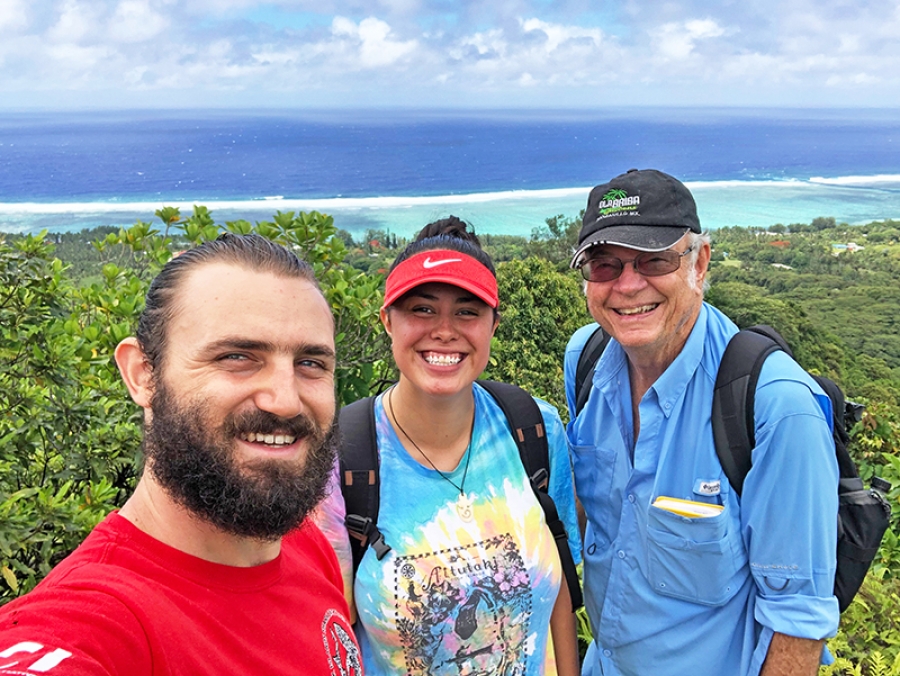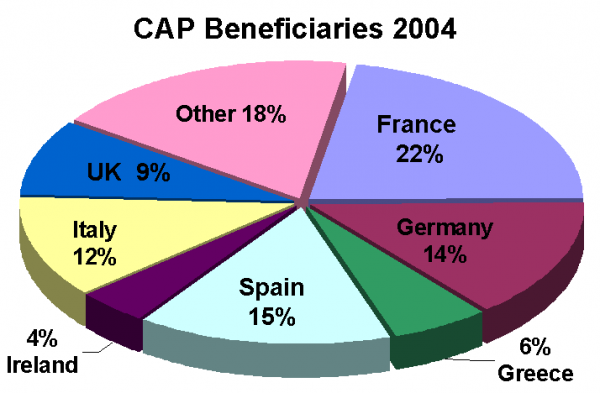Te Ipukarea Society: Advancing Knowledge Of Under-Researched Seabirds

Table of Contents
Research Initiatives of Te Ipukarea Society
Te Ipukarea Society is at the forefront of seabird research in Polynesia, focusing on data collection for less-studied species endemic to the region. Their work provides crucial information for effective conservation strategies.
Focus on Under-Researched Species
Many Polynesian seabird species remain poorly understood. Te Ipukarea Society prioritizes filling this knowledge gap through rigorous field research. This includes:
- Conducting field studies to monitor breeding populations: Researchers meticulously track nesting success rates, chick survival, and adult mortality to assess population health. This involves long-term monitoring programs on remote islands, requiring specialized expertise and logistical planning.
- Tracking migration patterns using GPS technology: By attaching miniaturized GPS trackers to seabirds, the Society maps their migration routes, identifying key foraging areas and potential threats along their journeys. This data is crucial for understanding the spatial needs of these species and for informing the designation of marine protected areas.
- Analyzing dietary habits and foraging strategies: Understanding what seabirds eat helps scientists assess the impact of changes in prey availability on seabird populations. Stomach content analysis and stable isotope analysis are employed to determine dietary composition and foraging efficiency.
- Assessing the impact of environmental changes on seabird populations: Climate change, pollution, and other environmental stressors are carefully monitored to understand their effects on seabird breeding success, survival, and distribution.
Utilizing Cutting-Edge Technology
Te Ipukarea Society embraces innovation, employing state-of-the-art technology to enhance research efficiency and effectiveness:
- Drone technology for aerial surveys: Drones provide a safe and efficient way to conduct large-scale surveys of seabird colonies, minimizing disturbance to nesting birds. High-resolution imagery allows for accurate population counts and habitat assessments.
- Acoustic monitoring to track vocalizations: Recording and analyzing seabird calls helps researchers identify species, monitor breeding activity, and assess population size and distribution. This is particularly useful in areas with dense vegetation or poor visibility.
- Genetic analysis to determine population structure and genetic diversity: Genetic techniques are used to understand the relationships between different seabird populations, assess genetic diversity, and identify potential threats to genetic health. This information is vital for implementing effective conservation strategies.
- Collaboration with international research institutions: The Society actively collaborates with leading scientists and research organizations worldwide, fostering knowledge exchange and sharing best practices in seabird research and conservation.
Conservation Efforts Led by Te Ipukarea Society
Beyond research, Te Ipukarea Society actively implements effective conservation measures to safeguard Polynesian seabirds and their habitats.
Habitat Protection and Restoration
Protecting and restoring crucial seabird habitats is paramount to the Society's mission. Their efforts include:
- Protecting nesting sites from invasive species and human disturbance: This involves implementing measures to control invasive predators (like rats and cats) and minimizing human impact on sensitive breeding areas.
- Restoring degraded habitats through native vegetation planting: Reforestation efforts help create suitable nesting and foraging habitats, improving the overall health of the ecosystem.
- Advocating for the establishment of marine protected areas: The Society actively works with governments and other stakeholders to establish protected areas that safeguard critical seabird habitats and foraging grounds.
Community Engagement and Education
Te Ipukarea Society recognizes the vital role of local communities in seabird conservation. They actively engage communities through:
- Educational programs for schools and community groups: Raising awareness among young people and the wider community is crucial for long-term conservation success.
- Workshops and training sessions on seabird monitoring techniques: Empowering local residents with the skills to monitor seabird populations contributes to citizen science initiatives and strengthens conservation efforts.
- Community-based conservation initiatives that empower local residents to protect seabirds: These initiatives ensure local ownership and sustainability of conservation programs.
The Impact and Significance of Te Ipukarea Society's Work
Te Ipukarea Society's impact extends far beyond its immediate research and conservation efforts.
Data-Driven Conservation
The Society's research generates valuable data that informs evidence-based conservation strategies and policy decisions, ensuring that actions taken are effective and targeted.
Raising Global Awareness
Their work highlights the importance of Polynesian seabird conservation on a global scale, raising awareness of the threats facing these unique species and the need for international collaboration in their protection.
Long-Term Sustainability
By engaging local communities and fostering collaboration, Te Ipukarea Society ensures the long-term sustainability of its conservation efforts, creating a legacy of protection for future generations.
Conclusion
Te Ipukarea Society is a vital organization dedicated to the understanding and protection of under-researched seabirds in Polynesia. Their innovative research methods, comprehensive conservation strategies, and commitment to community engagement are crucial for the survival of these unique and vulnerable species. By supporting Te Ipukarea Society, you can directly contribute to the preservation of Polynesian seabird heritage and help ensure these magnificent birds thrive for generations to come. Learn more about how you can get involved with Te Ipukarea Society and support their vital work in seabird conservation today!

Featured Posts
-
 Sony Play Station Beta Program New Details Announced
May 02, 2025
Sony Play Station Beta Program New Details Announced
May 02, 2025 -
 Tuerkiye Nin Avrupa Ile Is Birligi Politikasi Guencel Durum Degerlendirmesi
May 02, 2025
Tuerkiye Nin Avrupa Ile Is Birligi Politikasi Guencel Durum Degerlendirmesi
May 02, 2025 -
 Hollywood Mourns Priscilla Pointer Celebrated Actress Dies At 100
May 02, 2025
Hollywood Mourns Priscilla Pointer Celebrated Actress Dies At 100
May 02, 2025 -
 1 Mayis Emek Ve Dayanisma Guenue Nuen Oenemi Ve Guencelligi
May 02, 2025
1 Mayis Emek Ve Dayanisma Guenue Nuen Oenemi Ve Guencelligi
May 02, 2025 -
 Arizonas Love Leads To Big 12 Semifinal Victory Over Texas Tech
May 02, 2025
Arizonas Love Leads To Big 12 Semifinal Victory Over Texas Tech
May 02, 2025
